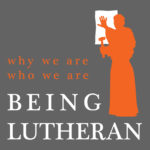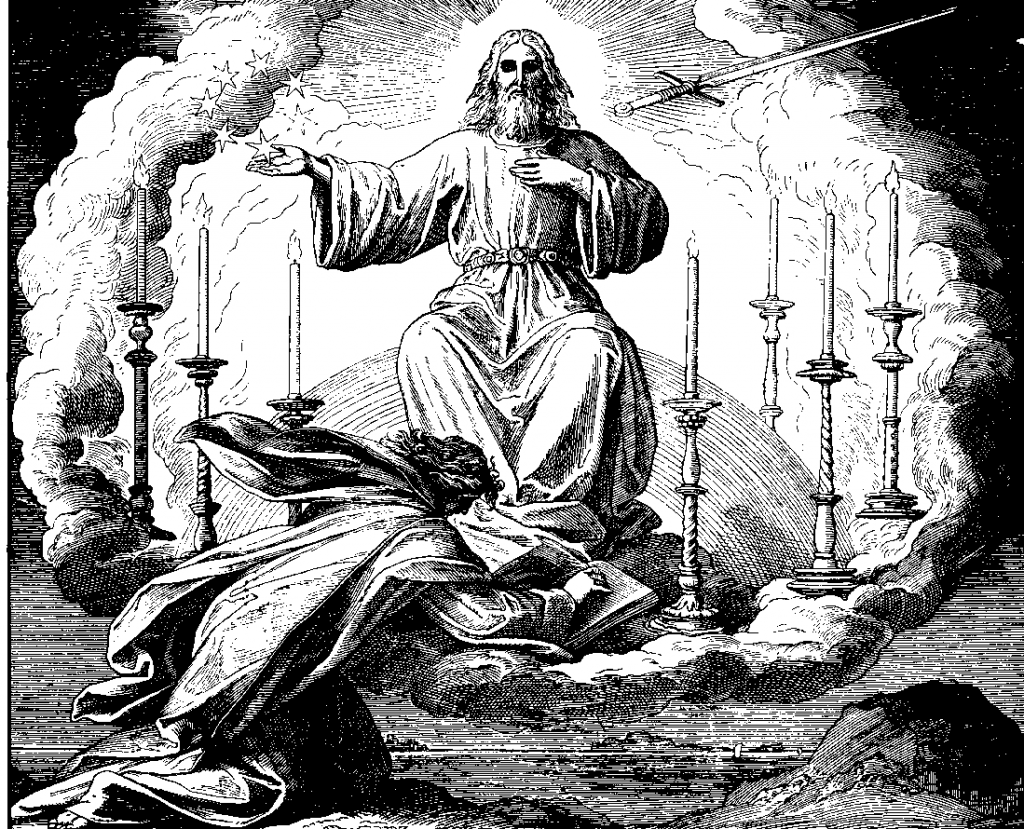
/
RSS Feed
In this episode, Adam, Brett, and Jason conclude their examination of Article 17 of the Augsburg Confession and Apology by doing a Bible study on Revelation 20:1-10. While there may be disagreements, any interpretation of Revelation 20 must have the same interpretation as the rest of Scripture: Jesus has won the victory and is returning to bring us with him into eternity.


Hi!
Interesting episode. I am not very well decided on my own position in these matters. I wonder about the a-mill position that Rev 20, 7-9 is so problematic that they has to be interpret symbolically/metaphorically. Isn`t that exactly what we accuse our reformed brethren of when it comes to the Lords supper? (“It is impossible for us, for ideological reasons, to says that the elements IS the blood etc, so it has to be taken symbolically”) If this is bad theology in the second example, why not in the first?
And: Isn`t 1. Cor 15, 23 and the following pointing us to some kind of process also in the end time, like it was when Jesus first arrived on the scene? After all that was a result of some thousand years of prophesies and historical events (as recorded in our Scriptures).
Thanks for all these podcasts, brothers, truly inspiring.
Thank you for the comment, Fred!
In response to your question about comparing Rev. 20 to the Lord’s Supper, we would look at this as a matter of interpreting Scripture. Since the Last Supper took place in history, with the disciples present in fresh in blood, we would need a good reason to not interpret Jesus’ words as literal. A good indication that Jesus meant what he said in the words of institution to be taken literally is that the disciples were not confused. They could have asked Jesus to clarify, but they didn’t.
Alternatively, in Rev 20, we must remember that the entire book is a vision given to St. John. In that way, we have to look for a reason why we would interpret them “literally” when so much of the book is delivered symbolically.
Also, I don’t think we’re bound to understand 1 Cor. 15:23 in any chronological matter other than the flow of history. Jesus has already risen from the dead. That’s why he’s first. When Christ returns, all the dead will be raised.
I hope this helps. Thanks for listening to the show!